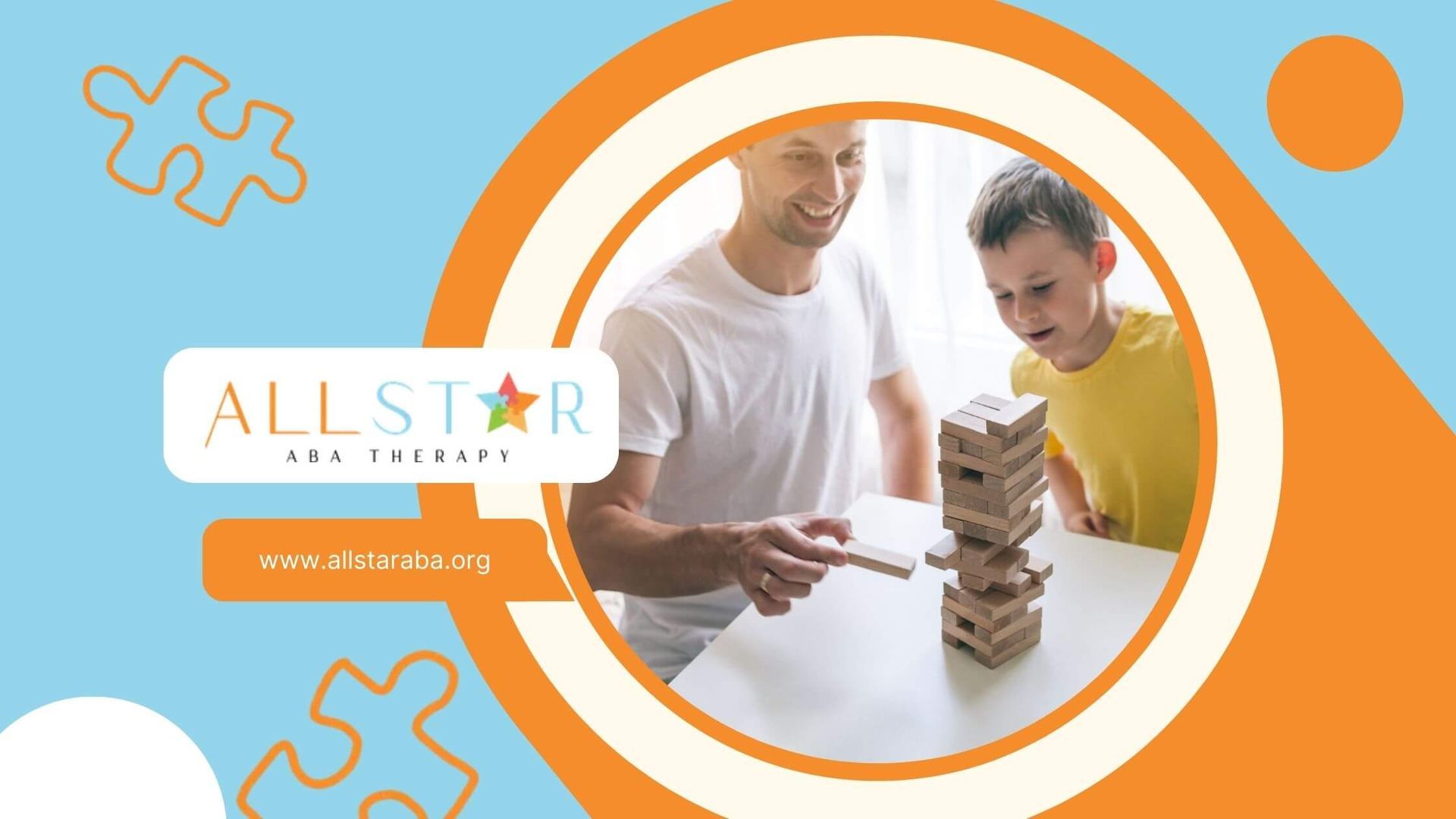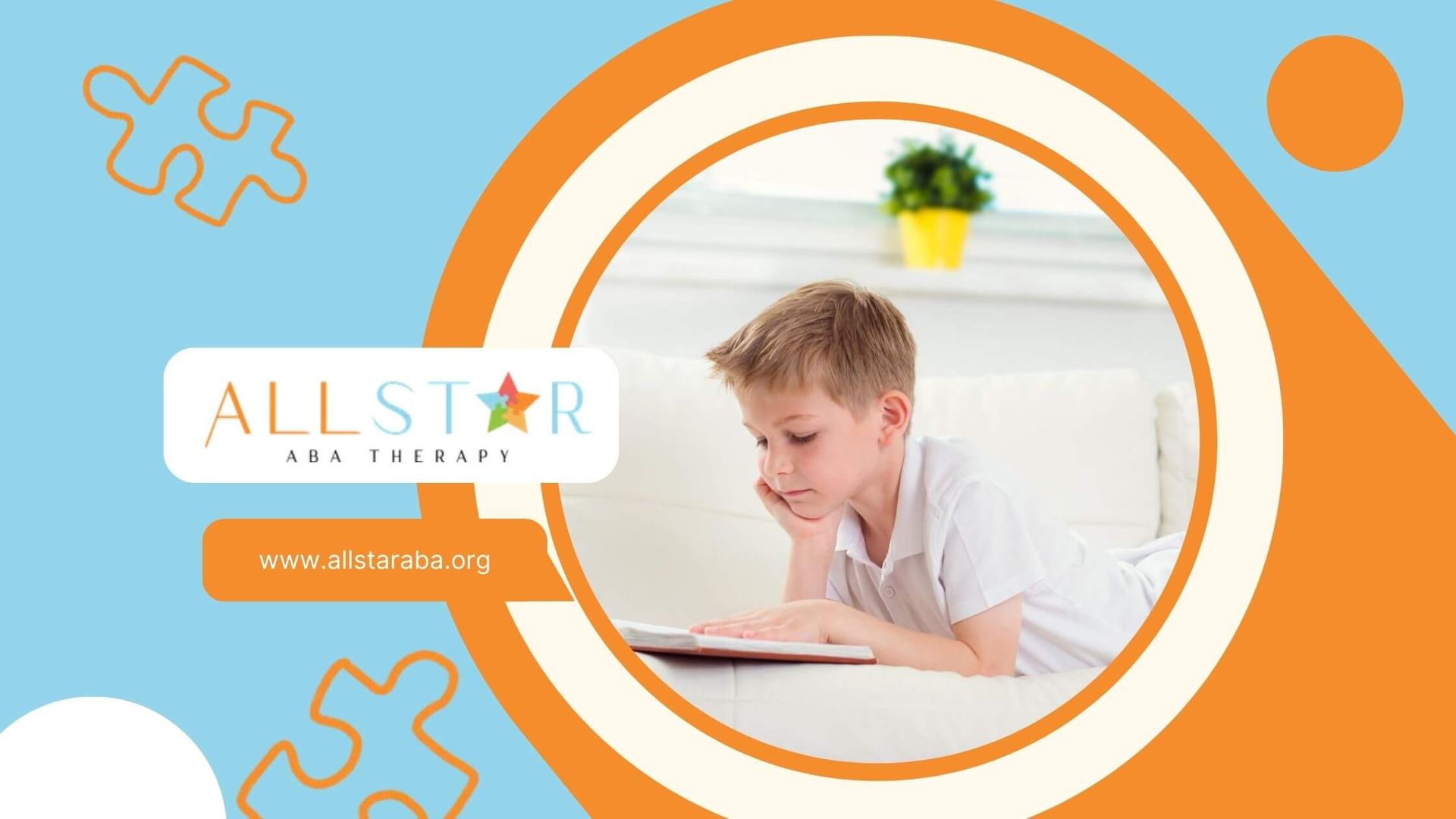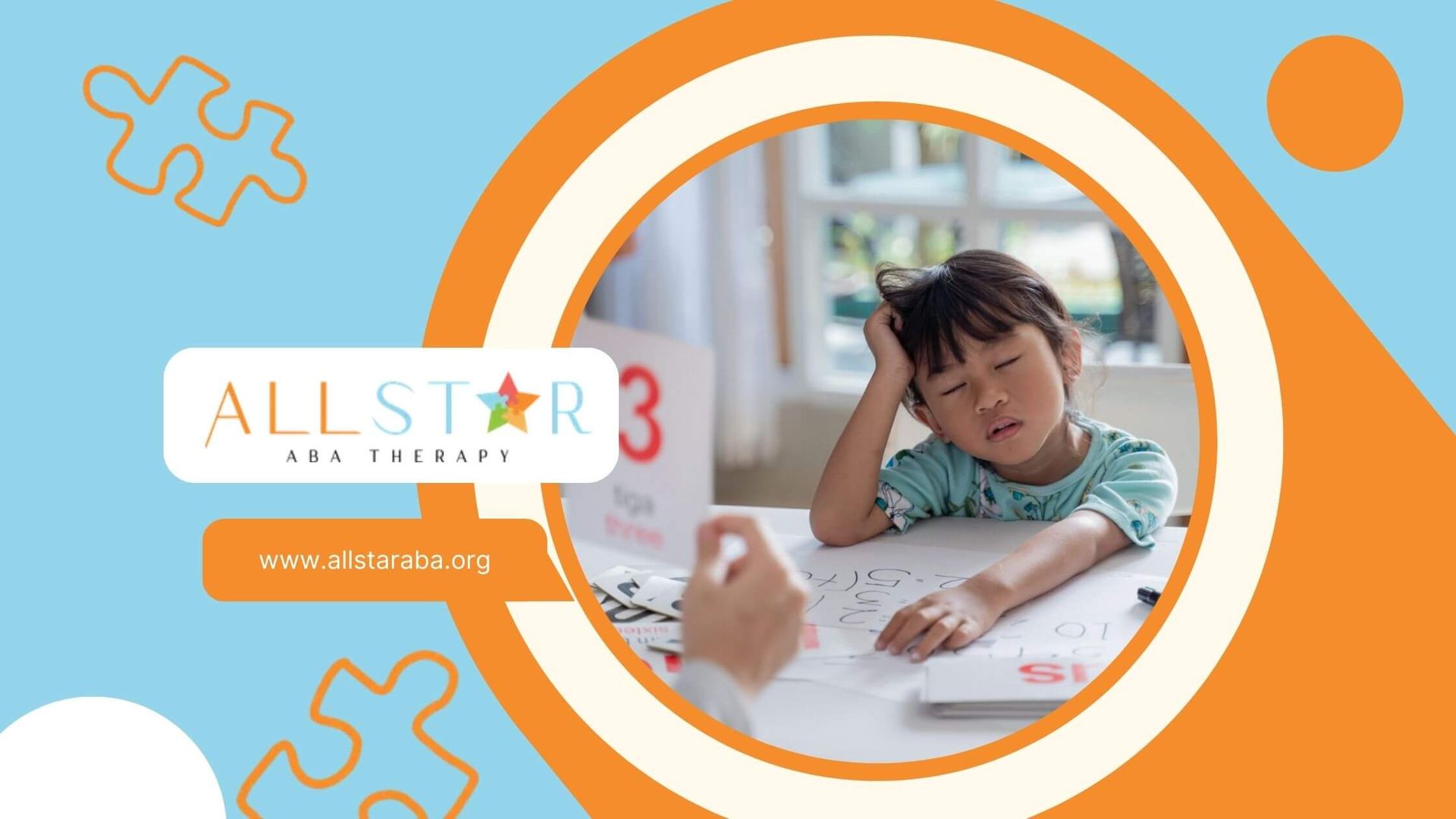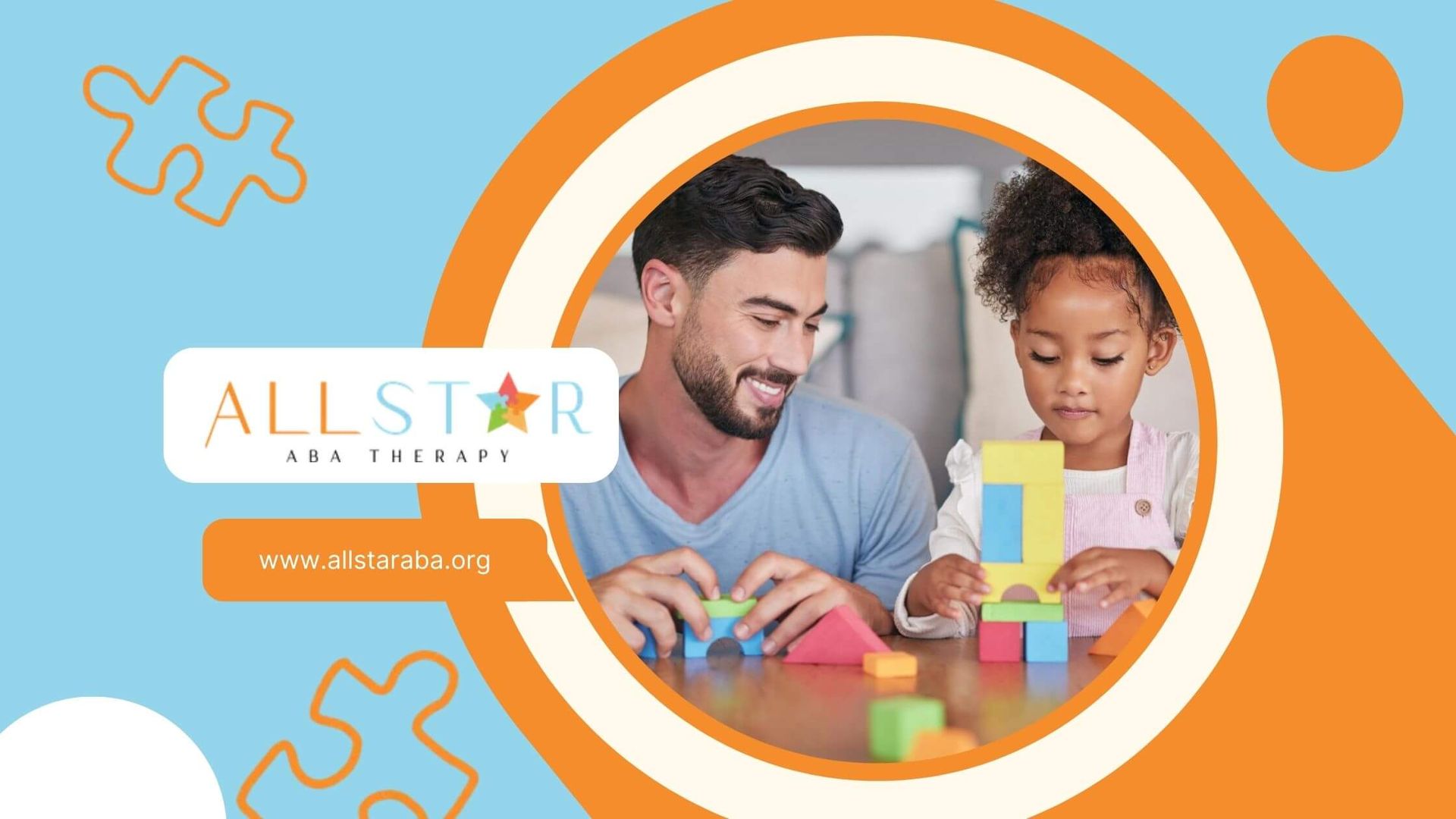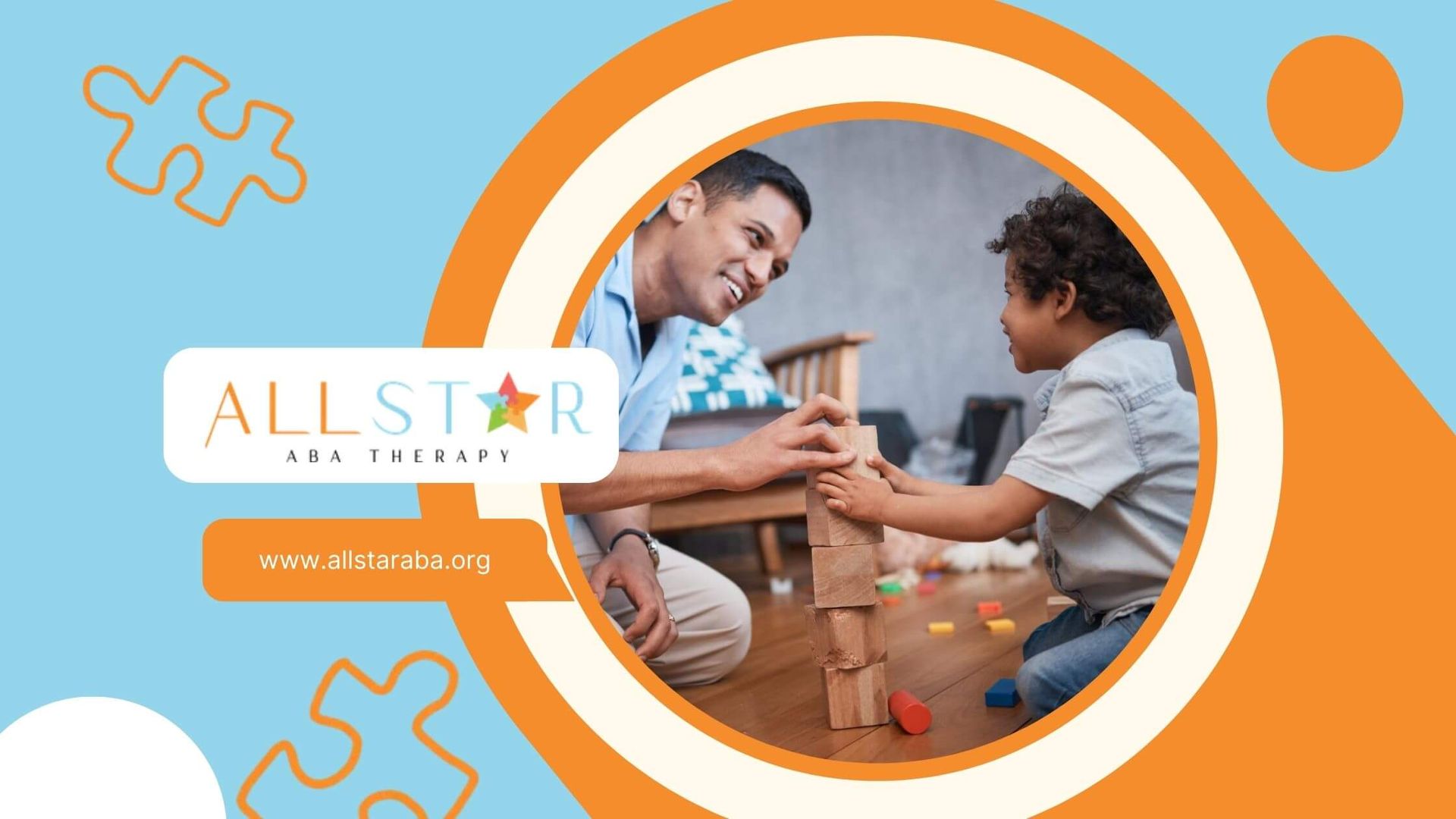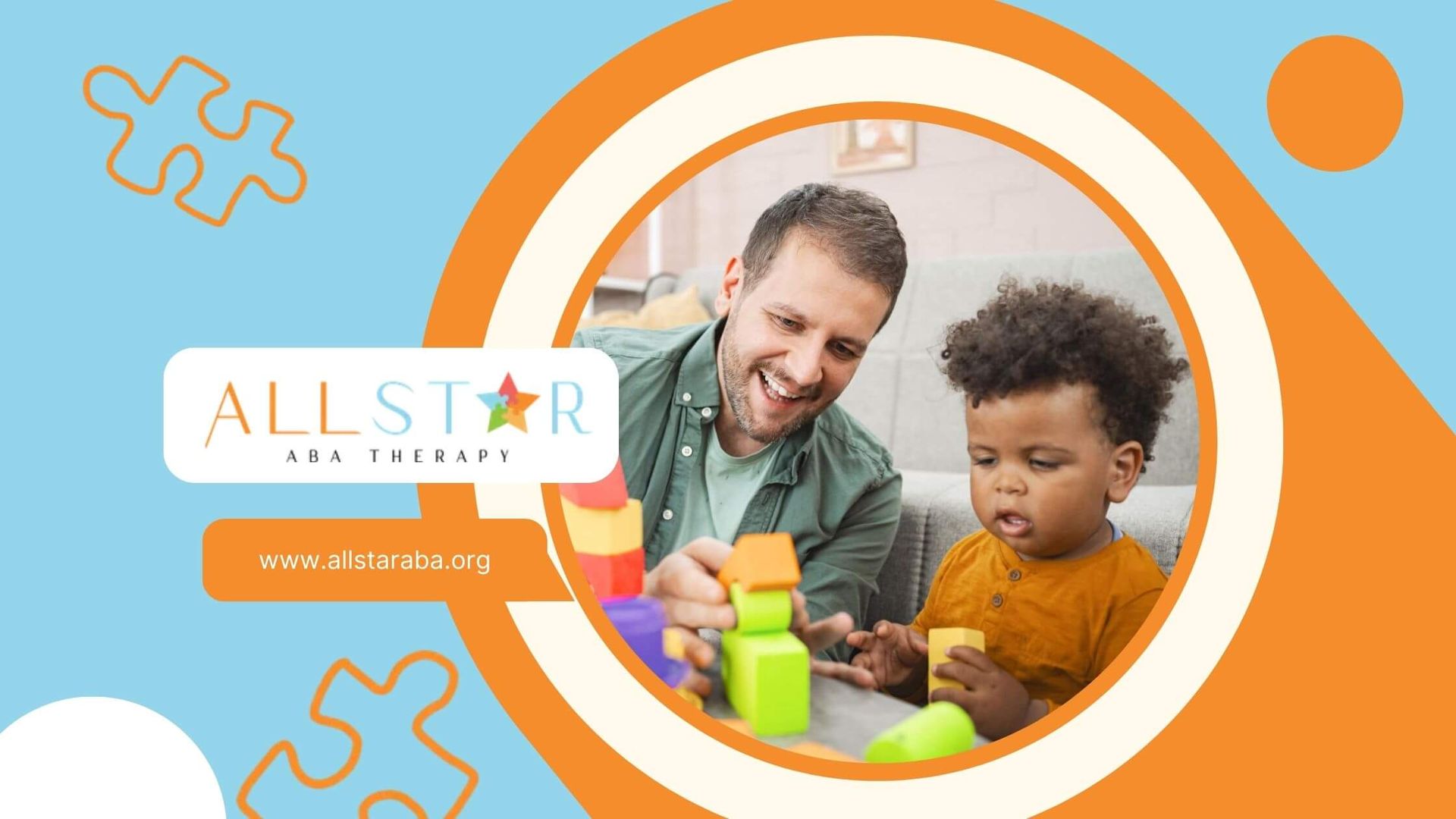New Paragraph
Minimum ABA Therapy Hours Explained: What to Expect
If you’re exploring ABA therapy for your child, one of the first questions that comes up is: how many hours are required? The minimum hours for ABA therapy usually start at about 10–15 hours per week, though the ideal range depends on your child’s age, goals, and specific needs.
Why Hours Matter in ABA Therapy
Consistency is key in helping children with autism build new skills. Research shows that children who receive more intensive ABA therapy (25–40 hours per week) often make the fastest progress. But that doesn’t mean every child needs the same amount.
Factors That Affect ABA Therapy Hours
The recommended hours can vary based on:
- Age of the child – younger children often benefit from more ABA hours.
- Skill level and goals – whether focusing on communication, social skills, or behavior.
- Environment – whether therapy happens at home, school, daycare, or through telehealth.
- Family schedule – therapy is designed to work around your family’s needs.
For some children, starting with a minimum of 10–15 hours per week is enough to see progress. Others may require 30+ hours weekly to reach their developmental goals. The important part is creating a personalized ABA therapy plan that fits your child.
At All Star ABA, we offer flexible ABA therapy services across Maryland and Virginia, including:
Our goal is to help every child succeed in the setting that works best for them. Contact us today!
FAQs
1. What’s the minimum recommended hours for ABA therapy?
Most children start with 10–15 hours weekly, but needs vary.
2. Can ABA therapy be effective with fewer hours?
Yes, progress is possible with fewer hours, though more intensive plans often show faster results.
3. Who decides the right number of hours?
A Board Certified Behavior Analyst (BCBA) assesses your child and recommends an individualized plan.
Need Support?
We're Here to Help!
Our experienced team is ready to assist you. Reach out today to discuss how we can support your child's development and well-being.
Get started with expert ABA therapy today.



